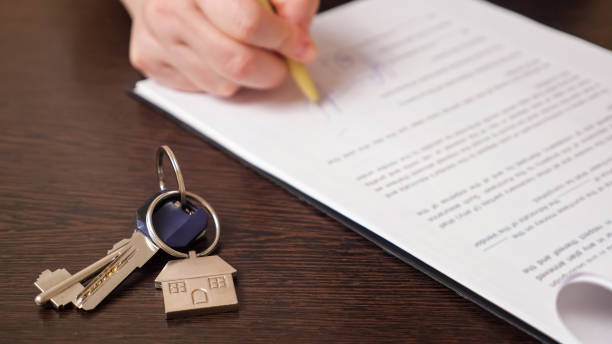Owning a property is often seen as a cornerstone of financial stability and a significant milestone in one’s life. However, beneath the facade of homeownership lies a complex web of expenses that extend far beyond the initial purchase price or mortgage payments. Understanding the true cost of owning a property is crucial for prospective buyers to make informed decisions and manage their finances effectively.
Initial Costs
The journey of homeownership begins with a substantial upfront investment. Beyond the down payment, buyers encounter various initial costs such as closing costs, appraisal fees, home inspection fees, and possibly mortgage insurance. These expenses can add up quickly, often representing a significant portion of the property’s purchase price.
Mortgage Payments
The mortgage payment is perhaps the most obvious expense associated with homeownership. While it may seem like a fixed monthly cost, it’s essential to recognize that a portion of each payment goes towards interest, reducing the principal balance. Additionally, property taxes and homeowners insurance are typically bundled into the mortgage payment through escrow accounts, further increasing monthly obligations.
Maintenance and Repairs
One of the most overlooked aspects of homeownership is the ongoing maintenance and repair costs. Regular upkeep, such as lawn care, pest control, and HVAC servicing, is necessary to preserve the property’s value and prevent more significant issues from arising. Additionally, unexpected repairs, such as a leaking roof or a malfunctioning appliance, can quickly drain savings if not adequately budgeted for.
Property Taxes
Property taxes are a recurring expense that homeowners must contend with. The amount owed is based on the assessed value of the property and is typically determined by local government authorities. While property taxes may seem manageable at first, they tend to increase over time, particularly in areas experiencing growth or infrastructure improvements.
Homeowners Insurance
Homeowners insurance provides financial protection against damages to the property and liability for accidents that may occur on the premises. The cost of insurance varies depending on factors such as the property’s location, size, and construction quality. While it’s essential to have adequate coverage, homeowners should regularly review their policies to ensure they’re getting the best value for their money.
Homeowners Association (HOA) Fees
For those living in planned communities or condominiums, HOA fees are a common expense. These fees cover amenities and services such as landscaping, maintenance of common areas, and community facilities. While HOA fees can enhance the quality of life in a community, they represent an additional financial obligation that homeowners must factor into their budget.
Utilities
Utilities such as electricity, water, gas, and internet are ongoing expenses that homeowners must budget for each month. The cost of utilities can vary significantly depending on factors such as the property’s size, energy efficiency, and local utility rates. Implementing energy-saving measures, such as installing programmable thermostats or energy-efficient appliances, can help reduce utility bills over time.
Opportunity Cost
Beyond the tangible expenses associated with homeownership, there’s also an opportunity cost to consider. Money tied up in a property’s equity could potentially be invested elsewhere to generate returns. Additionally, homeownership limits geographic mobility, making it more challenging to take advantage of job opportunities or relocate for personal reasons.
Market Volatility
The real estate market is subject to fluctuations that can impact the value of a property. While historically, real estate has appreciated over the long term; there are no guarantees. Economic downturns, changes in market conditions, or shifts in neighborhood demographics can all affect property values. Homeowners should be prepared for the possibility of their property’s value fluctuating over time.
Owning a property offers numerous benefits, including stability, autonomy, and the potential for long-term wealth accumulation. However, it’s essential to approach homeownership with a clear understanding of the associated costs and responsibilities. Beyond the mortgage payment, homeowners must budget for expenses such as maintenance and repairs, property taxes, homeowners insurance, HOA fees, utilities, and opportunity costs. By carefully considering these factors and planning accordingly, prospective buyers can make informed decisions and enjoy the benefits of homeownership without being blindsided by unexpected expenses.
